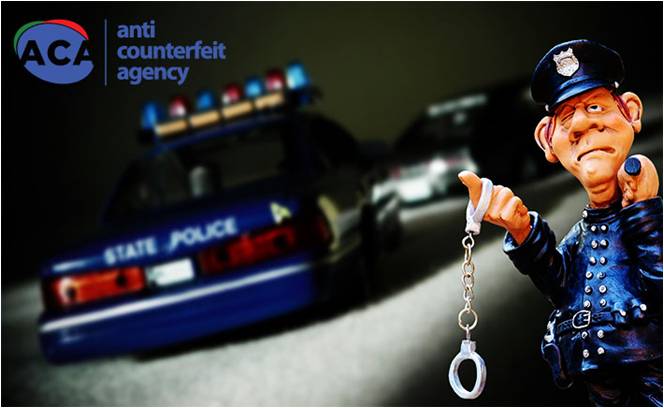Towards a Counterfeit-Free Kenya: Anti-Counterfeit Agency Bold New Roadmap – Part 1
- Victor Nzomo |
- August 1, 2017 |
- CIPIT Insights,
- Counterfeits

The Anti-Counterfeit Act was assented to on December 24th 2008 and soon after the Anti-Counterfeit Agency (ACA) was established with the mandate to administer anti-counterfeiting law and policy in Kenya. The Agency has three main functions. It enforces the provisions of the Anti-Counterfeit Act, it enlightens and informs the public on counterfeiting issues and combats counterfeiting in the country. The Act was viewed as giving law enforcement agencies “teeth to bite” in the fight against the proliferation of counterfeit products in Kenya.
Almost 10 years since the enactment of this law, ACA aims to position itself as a key player in the national agenda by protecting the economy and facilitating a conducive commercial culture for trade. The 2017-2022 ACA stategic plan outlines an ambitious roadmap towards ‘a counterfeit-free Kenya’ and it uses a multifaceted approach in dealing with trade in counterfeit goods in the country. ACA’s new push in achieving its mandate themed: “Taking Responsibility in the War against Counterfeiting” has three main facets, namely collaboration, operational actions and consumer-focused actions.
With regard to collaboration, ACA aims to strengthen its partnerships at both international and regional levels as well as inter-agency and multi-sector partnerships at the national level.
Globally, ACA is working with Interpol, Business Action to Stop Counterfeits and Piracy (BASCAP), World Intellectual Property Organization (WIPO) as well as with foreign governments such as the US, UK, China, France and India. At the regional level, ACA is at the forefront of harmonisation of laws on fighting trade in counterfeits such as the East African Anti-Counterfeit Bill which is modelled on the Kenyan Act and will serve as the framework for the 5 member states of the East African Community. Kenya has also worked closely with Uganda in formulation of Uganda’s new law which is anchored on Kenya’s Act. ACA has also forged partnerships with the anti-counterfeit body in Tanzania, the Fair Competition Commission in the areas of institutional collaboration and information sharing.
Overall, ACA’s international and regional collaborations are meant to address capacity building, benchmarking, public awareness, coordination of cross-border investigations, monitoring and reporting criminal trends and emerging tactics in the region and beyond.
Within Kenya, ACA has working relationships with the Kenya Police, Kenya Ports Authority, Kenya Bureau of Standards and Kenya Revenue Authority, among other agencies. Presumably these other agencies would include the two principal intellectual property (IP) bodies namely, Kenya Copyright Board (KECOBO) and Kenya Industrial Property Institute (KIPI). It is hoped that the loud silence regarding the previously proposed plan by the government to merge ACA with KECOBO and KIPI does not mean that the plan has been abandoned. Furthermore, given the complexity and pervasiveness of counterfeiting, ACA should focus on devolving to every city as well as setting up desks at every major border point across the country.
Finally, at the sectoral level, ACA has formed an open, inclusive multi-sector partnership between the private-sector and government agencies involved in the protection of IP known as the Joint Campaign against Counterfeits (JCAC). JCAC holds periodic events and activities geared towards raising public awareness as well as joint enforcement. It is hoped that ACA will be proactive in promoting and publicising the activities of JCAC so that more members of the public can get engaged and be involved in the fight against fakes.
